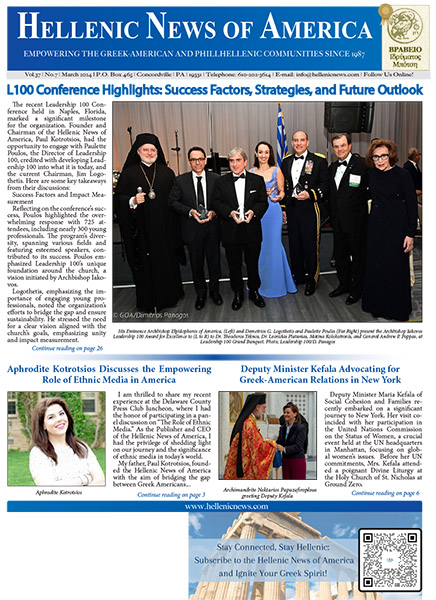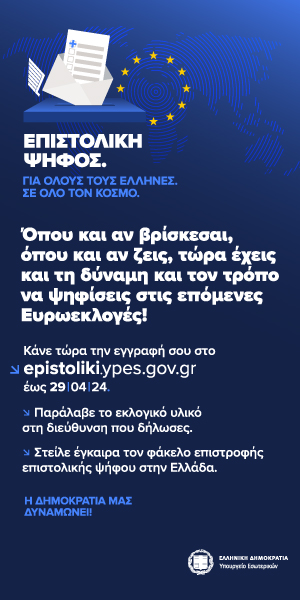My short article focuses on rhetoric and persuasion. Plato was probably the first to describe a theory of rhetoric. He was concerned with the nature of truth and how man’s quest for truth can be either foiled or enhanced through the power of rhetoric and persuasion. To warn of this danger, he wrote a series of dialogues, three of which, the Gorgias, the Phaedrus, and the Menexenus, were concerned with the principles of rhetoric.
These dialogues took the form of conversations between Socrates, the philosopher seeker of truth, and a sophist, who is concerned with the appearance of truth rather than the reality. The Sophists were itinerant teachers who gave lectures and wrote books on persuasion. These books contained ‘commonplaces,’ i.e. general arguments and techniques that could be adapted for a variety of persuasive purposes. (Griswold, 2012, in: http://plato.stanford.edu/archives/spr2012/entries/plato-rhetoric/
The Sophists were known for their dangerous views of the role of persuasion, hence the negative connotation of the word sophistry as meaning ‘trickery or fallacious argument’. In the Gorgias dialogue Socrates makes an eloquent and most didactic differentiation between ‘teaching’ which provides the listeners with skill necessary to do things and ‘persuasion’ which leads people simply to do the things the orator desires.
Aristotle, originally Plato’s pupil in the ‘Platonic Academy’ of Athens, later became a teacher on his own merits creating his ‘Peripatetic School’. In Aristotle’s view the function of rhetoric was not synonymous to, and was not exhausted by, simply succeeding to persuade, but should rather be aiming towards the discovery of the means of coming as near to such a success as the circumstances of each particular case would allow.
In his Rhetoric, (from the Greek word ‘ρητορική’ possessed by a ‘ρήτωρ’ that is a speaker (in the ‘ρητορική τέχνη’ the ‘art of speaking’) Aristotle, perhaps counteracting Plato’s somewhat pejorative treatment of ‘rhetoric’ in the Gorgias, wrote that persuasion is based on three specific, distinct elements. These three elements are: ethos, the personal character of the speaker; pathos, appealing to the audience’s emotions and values; and logos, referring to the convincing evidence and the reasoning process (Rapp, 2010, in: http://plato.stanford.edu/archives/spr2010/entries/aristotle-rhetoric/
Ethos, (the Greek word ‘ήθος’ means character), pathos (the Greek word ‘πάθος’ means suffering) and logos (the Greek word ‘λόγος’ means logic) constitute for Aristotle an ‘equilateral triangle’ where each one of the three terms, as is the case with the length of each side of this type of a triangle, has the same strength as the other two.
In their book bearing the title ‘Writing Arguments’ Ramage and Bean, (1998) have noted that: “Logos (Greek for ‘word’) refers to the internal consistency of the message–the clarity of the claim, the logic of its reasons, and the effectiveness of its supporting evidence. The impact of logos on an audience is sometimes called the argument’s logical appeal. Ethos (Greek for ‘character’) refers to the trustworthiness or credibility of the writer or speaker. Ethos is often conveyed through tone and style of the message and through the way the writer or speaker refers to differing views. It can also be affected by the writer’s reputation as it exists independently from the message–his or her expertise in the field, his or her previous record or integrity, and so forth. The impact of ethos is often called the argument’s ‘ethical appeal’ or the ‘appeal from credibility.’ Pathos (Greek for ‘suffering’ or ‘experience’) is often associated with emotional appeal. But a better equivalent might be ‘appeal to the audience’s sympathies and imagination.’ An appeal to pathos causes an audience not just to respond emotionally but to identify with the writer’s point of view, to feel what the writer feels. In this sense, pathos evokes a meaning implicit in the verb ‘to suffer’ to feel pain imaginatively…. Perhaps the most common way of conveying a pathetic appeal is through narrative or story, which can turn the abstractions of logic into something palpable and present. The values, beliefs, and understandings of the writer are implicit in the story and conveyed imaginatively to the reader. Pathos thus refers to both the emotional and the imaginative impact of the message on an audience, the power with which the writer’s message moves the audience to decision or action.” (pp 81-82)
For Aristotle the three elements for successful orators, as mentioned above, constitute an equilateral triangle and each of the three is as important as the other two. Indeed, a balance of the three is important. Too much of one is likely to produce an argument that readers will either find unconvincing or that will cause them to stop reading. Therefore, in Aristotelian terms in order to persuade an audience the spokesperson must be credible, someone the audience can trust and look up to, and he must be able to speak directly to the audience’s feelings or values in a positive way in order to have an emotional impact. The Sophists believed that persuasion was needed to discover important facts where Aristotle believed knowledge could be gained only by logic and reason. http://plato.stanford.edu/archives/spr2010/entries/aristotle-rhetoric/
May and Wisse (2001) translating into English Cicero’s work ‘On the ideal orator’ and Fantham (2007, The Roman World of Cicero’s De Oratore) analysing the historical era in which Cicero’s work was written present his suggestions for the training of an orator, showing that the Romans continued the Greek rhetorical tradition in the courts of law, the Senate, and during funeral orations. Cicero, one of the most famous statesman-philosopher of his era established the official oratoris, the duties of the orator: to charm or to influence the audience by establishing the credibility of the orator, to teach by presenting a message with sound arguments, and to move by appealing to the audience’s emotions. Cicero was convinced that a statesman-philosopher should speak on all topics persuasively and should be thoroughly knowledgeable in literature, philosophy, law, and logic.
**************************************
*Honorary Professor in Management & Marketing, Business School, Durham University, United Kingdom







